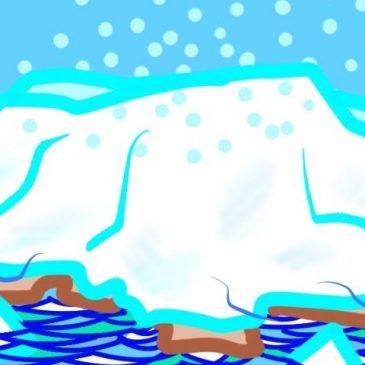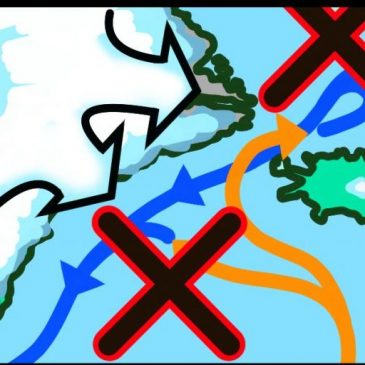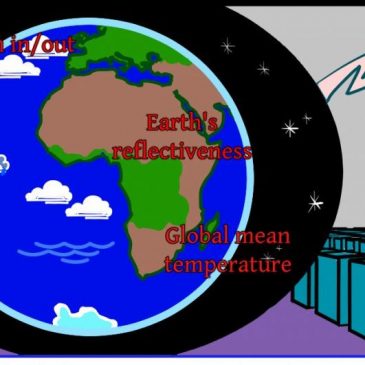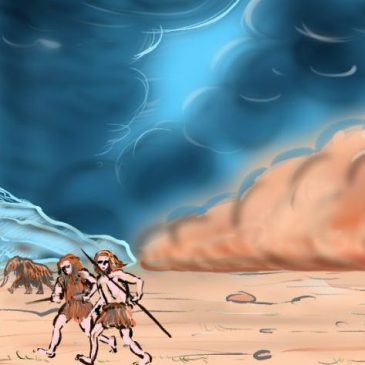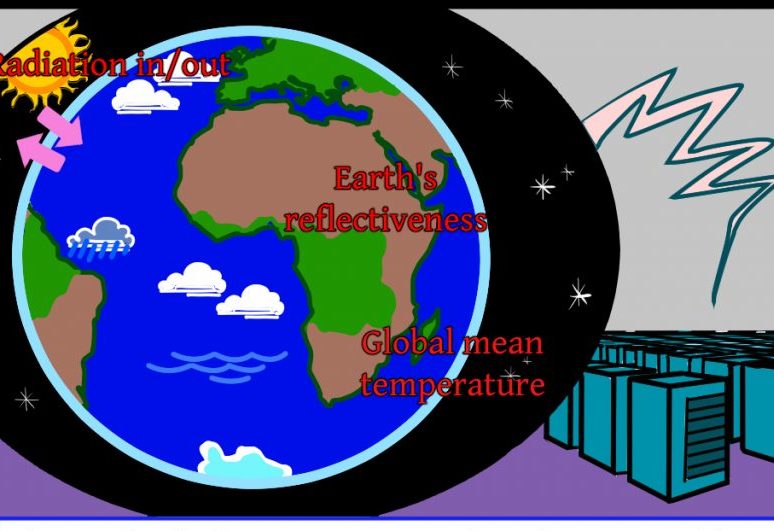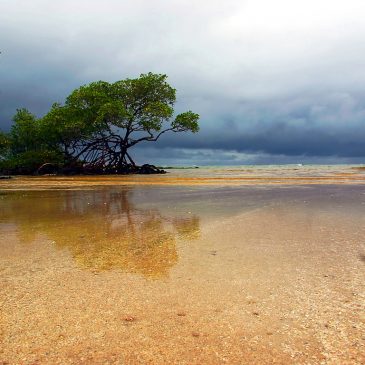Part of the Greenland ice sheet may be close to a tipping point
An analysis of the melt situation on the Central-Western Greenland ice sheet reveals clear signs of tipping Data from the Jakobshavn drainage basin of the Central-Western Greenland ice sheet reveals the distinct mark of this part of the ice sheet … Continued



